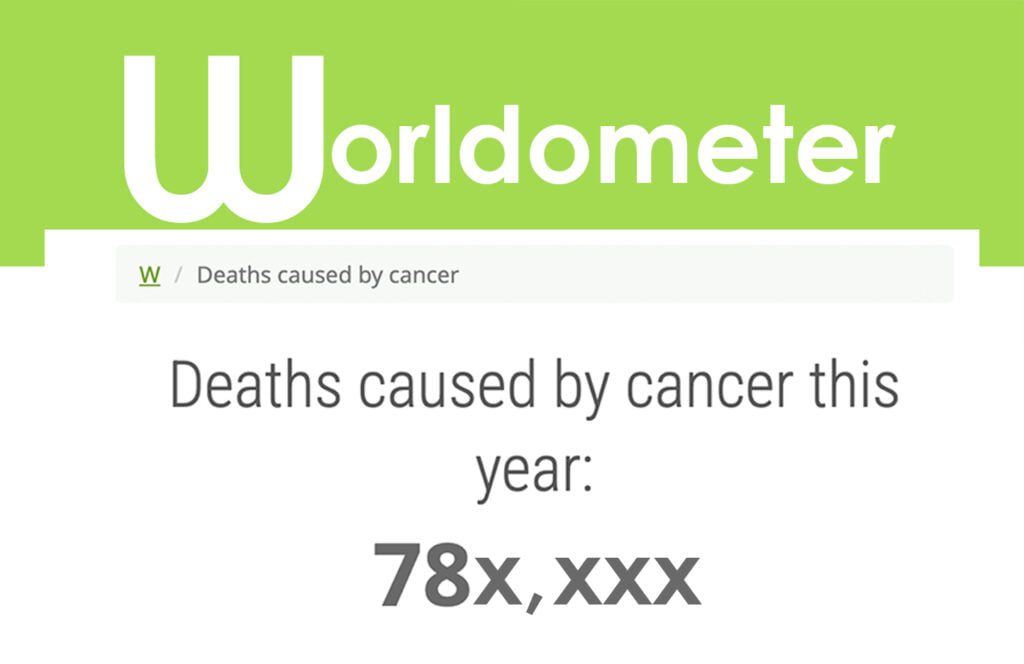Barely 36 days into 2024, cancer, a deadly disease has claimed over 700,000 lives globally.
Latest statistics on Worldometer, show that so far in 2024, 781,833 people have died from cancer. The data on cancer mortality published on Worldometer is based on the latest statistics distributed by the World Health Organization (WHO).
The data also shows that no less than 13,691 deaths caused by cancer have been recorded globally today.
“In 2005, 7.6 million people died of cancer out of 58 million deaths worldwide. Based on projections, cancer deaths will continue to rise with an estimated 11.4 million dying in 2030,” it said.
Worldometer is a website that provides real-time statistics on various topics, including population, health, and the environment. It aggregates data from reputable sources and presents it in a user-friendly way.
Cancer, a deadly disease
Cancer is a large group of diseases that can start in almost any organ or tissue of the body when abnormal cells grow uncontrollably, go beyond their usual boundaries to invade adjoining parts of the body and/or spread to other organs.
According to the WHO, cancer is the second leading cause of death globally, accounting for an estimated 9.6 million deaths, or one in six deaths, in 2018.
Lung, prostate, colorectal, stomach, and liver cancer are the most common types of cancer in men, while breast, colorectal, lung, cervical, and thyroid cancer are the most common among women.
A recent report on Lafiya360, shows that number of new cancer cases globally will reach 35 million in 2050, according to the WHO’s International Agency for Research on Cancer (IARC). The projected figure is 77 per cent higher than that recorded in 2022.
The global health body also said approximately 882,000 new cases occurred in the African Region in 2022, with about 573, 653 deaths also recorded in the same year.
WHO Regional Director for Africa, Dr Matshidiso Moeti said if urgent measures are not taken, cancer mortality in the region is projected to reach about one million deaths per year by 2030.


